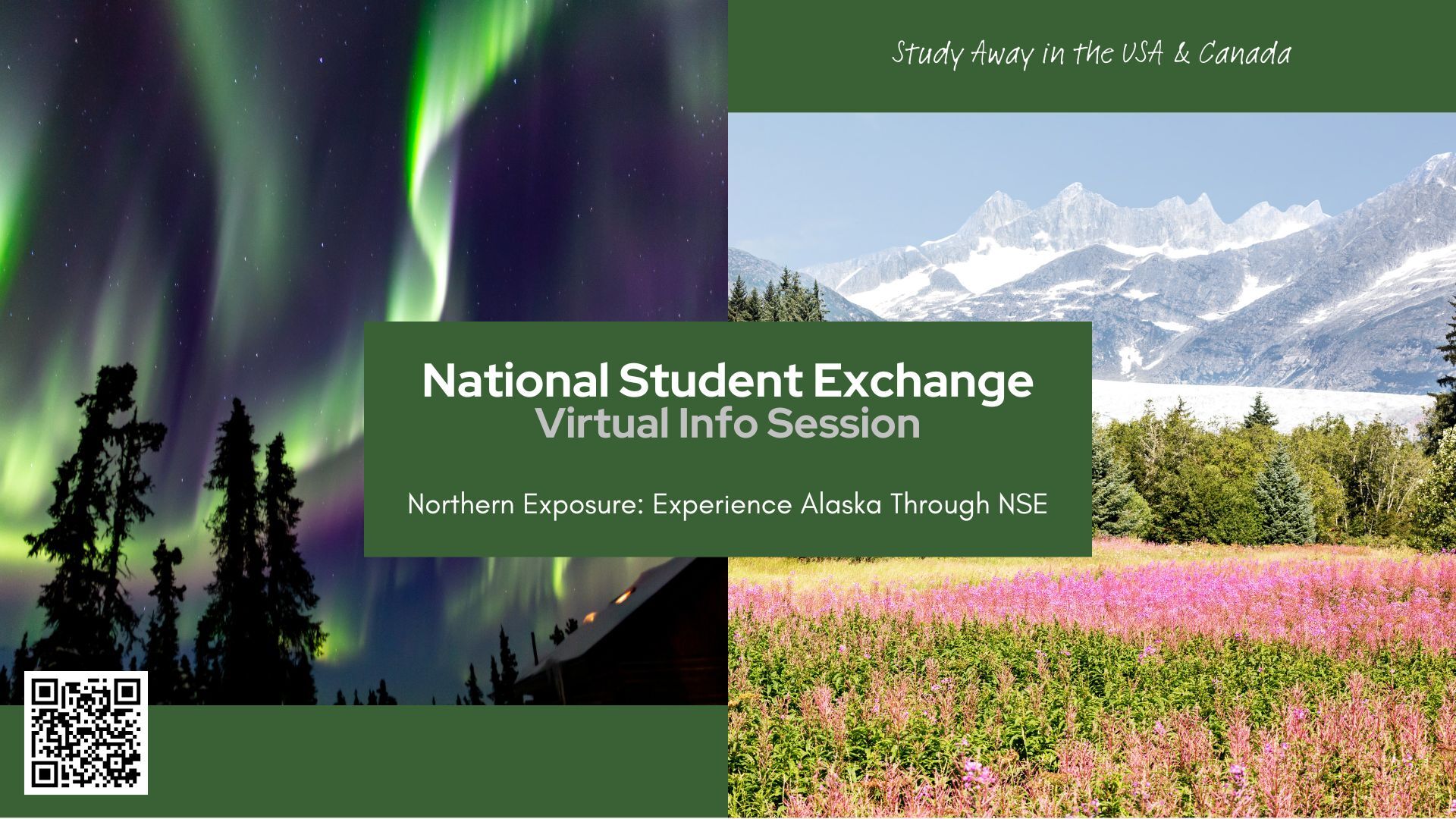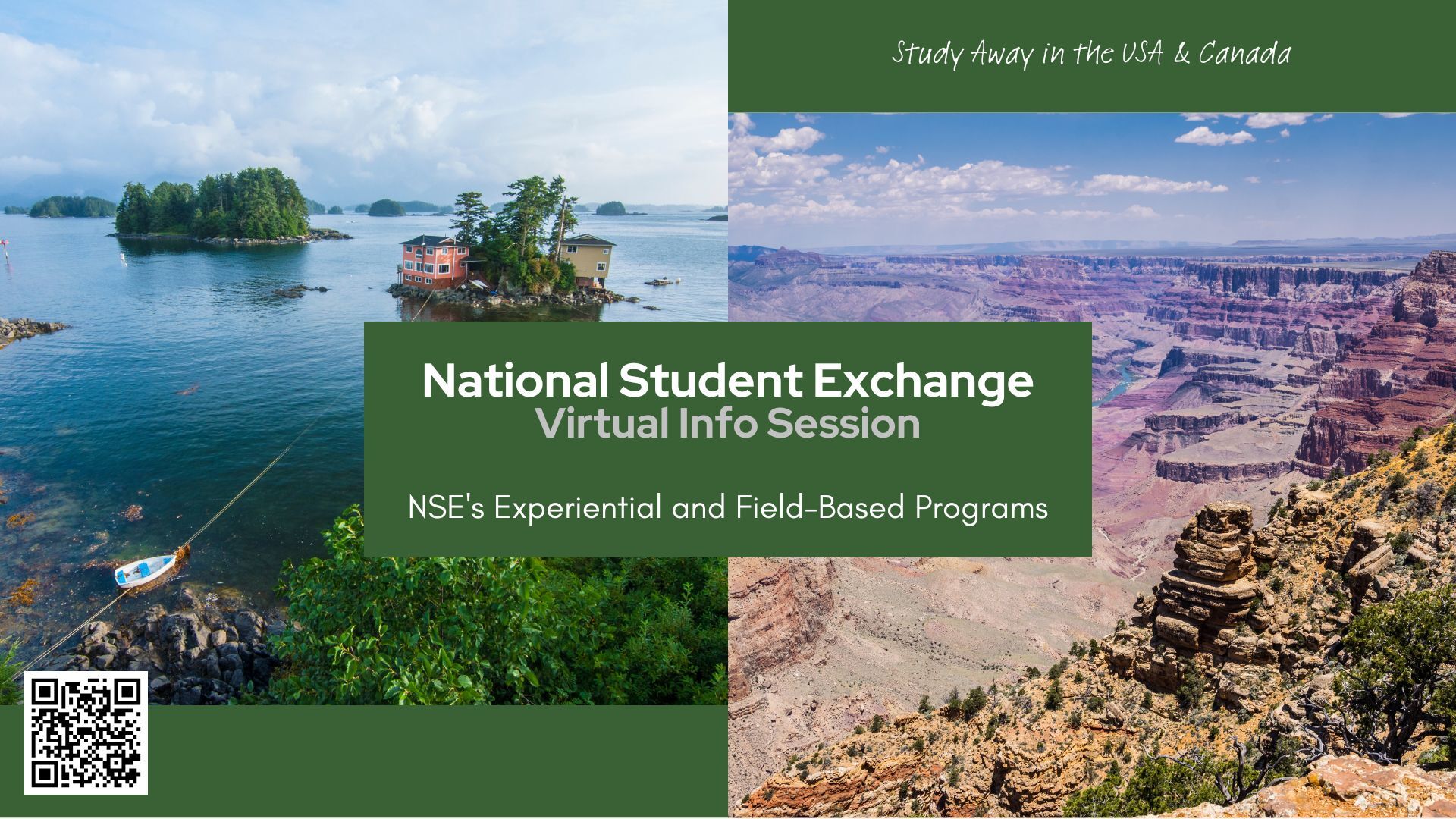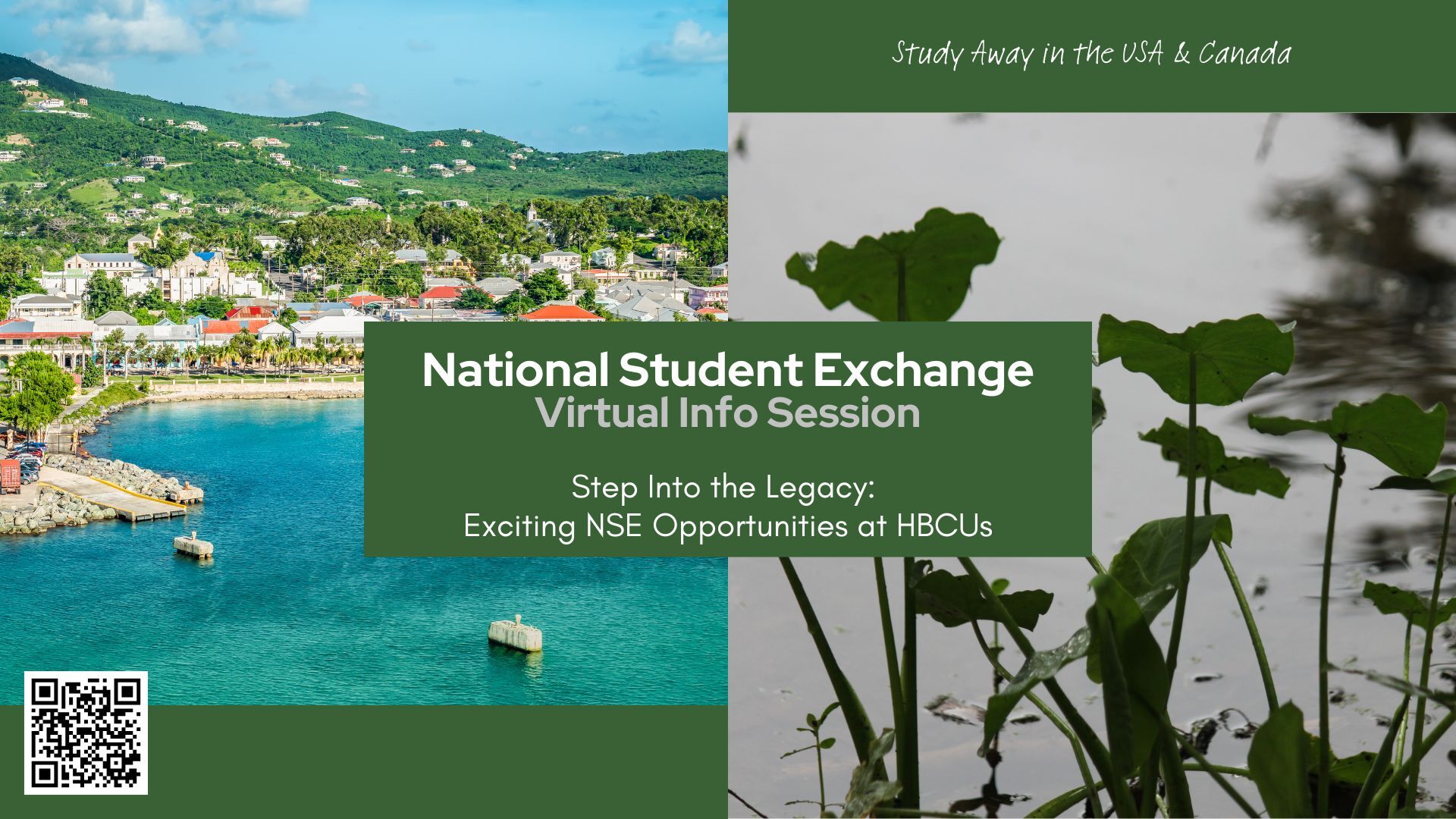LGBTIQ+ Students Abroad
A page within International Education & Engagement
While choosing an education abroad program, students who identify themselves as part of the LGTBQIA+ community may have unique questions and concerns as living abroad, even for a short period of time, will open up opportunities to think about their personal identity in a whole new context. They will have to think, again, how and when they will want to express their LGBTIQ+ identity.
If you identify as a member of the LGTBQIA+ community, you may be wondering… Is study abroad for me? Absolutely! There is most certainly a variety of places and programs all over the world where you can gain a meaningful experience both personal and professional, while studying abroad and embracing your personal identity.
As any student preparing to study abroad, you need to do some research. And some of that research needs to be focused on this part of your identity. Countries differ in their acceptance, awareness, and understanding of the LGTBQIA+ community; therefore, it is important for you to understand what type of environment you will be living in, and the kind of laws, policies, regulations, myths, beliefs, and organizations related to the LGTBQIA+ community exists in that location. It is also important to remember that U.S. laws will not protect U.S. citizens in another country.
The following list of suggestions and questions will guide you as you look at different education abroad opportunities:
- Think about your personal and academic goals for your education abroad program. You might find a program that matches your academic goal, but you have reservations about how members of the LGTBQIA+ community are viewed in that location… Are you still willing to go there?
- Research the country, institution and/or provider before you choose a program. These are some questions to keep in mind:
- What are the laws regarding sexuality and gender identity in that country?
- Is it safe for me to be out in that country?
- What are the cultural norms for dating and friendship?
- What kinds of LGTBQIA+ resources are there available in that country? Are those services free?
- What resources are there available through the institution abroad or provider?
- What is the LGTBQIA+ population like in that country? How visible and large is it? How do they dress, behave, etc.? How are they portrayed in the media?
- How do police officers view LGTBQIA+ locals and visitors?
- What is the social perception of LGTBQIA+ people in that country?
- Can I be open about my sexual orientation and gender identity with my teachers, peers, friends and host family in that country?
- Can I think of situations in which I would not disclose my sexual orientation or gender identity in that country?
- How will my social media, including past posts, be perceived by people in that country?
- Are there any LGTBQIA+ friendly establishments in that city? How can I find them?
- LGTBQIA+ populations are often misunderstood by others, so think about how comfortable you are with educating others and dispelling myths.
- Will you have access to your medications or services to properly care for your needs, including those related to transitioning like hormones? Are they legally available in that country? If not, will you need additional documentation to travel with your medications? Will it be possible to bring all you need with you?
You might not find all the answers for these questions, but you can start by doing some research based on that information. You can also contact the UWL Pride Center for resources or check these steps to get you abroad. To learn more about the education abroad process and programs offered at UWL, we encourage you to attend an Education Abroad 101 session. We are here for you!
Resources
- Know Your Rights: Travel & TSA - scroll down past passport photo
Medication when traveling - MIUSA
Traveling with prescriptions - CDC
Transgender ID Project: Updating Your Passport
Maps - Sexual Orientation Laws in the World
Transgender Europe - TGEU
7 Tips for Picking the Best LGBTQIA+ Friendly Study Abroad Program
12 Best Countries for LGBTIQ+ Study Abroad
Rainbow Special Interest Group of NAFSA
Finding an LGTBIQ+ Community Abroad
Disclaimer
The resources provided on this website are for informational purposes only. They do not constitute an endorsement or approval by UW-La Crosse of any of the products, services, or opinions of the corporation, organization, or individual. UW-La Crosse bears no responsibility for the accuracy.





















